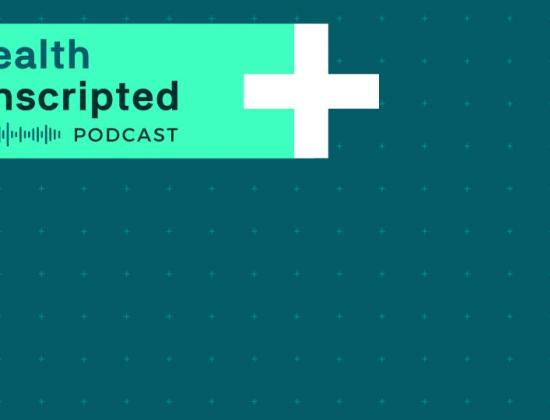Americans trying to lose weight have reason to be optimistic. Glucagon-like peptide 1 (GLP-1) agonists have become widely available. They’re on track to lead the pharmaceutical market in 2024, research firm GlobalData found.
What is a GLP-1? A GLP-1 is part of a class of medications doctors use to treat diabetes. They can also help with weight loss. In 2017, the Food and Drug Administration (FDA) approved Ozempic for diabetes treatment. The FDA later approved GLP-1s Wegovy and Zepbound for weight management.
Concerns about a potential link between GLP-1s and suicidal thoughts led the U.S. Food and Drug Administration (FDA) to conduct a months-long investigation. The FDA’s preliminary evaluation, published in early 2024, showed no evidence GLP-1 use caused suicidal thoughts or actions.
By pairing GLP-1s with behavioral and mental health support, patients can shed pounds while acquiring healthy habits. Behavioral health support may include prevention, diagnosis, and treatment for a broad range of mental health needs. It can help with substance use disorders and other life stressors, in addition to weight concerns.
Greater risk for depression
Mental health struggles and weight gain often go hand in hand.
Adults with obesity are at higher risk for anxiety and depression, according to the Centers for Disease Control and Prevention (CDC). Meanwhile, a study cited in Psychiatry Investigation found 55% of patients with obesity had increased risk of depression, while 58% percent of patients with depression had increased risk of obesity.
These statistics show the cyclical nature of weight gain and depression.
A positive impact on mental health
Research has found that taking GLP-1s may actually help improve mental health.
Evernorth partnered with MARC Research to survey 300 patients who’ve used GLP-1s. Most respondents said they thought GLP-1s had a positive impact on their health. They stated:
- GLP-1s helped them lose weight (81%).
- Their physical health improved since taking GLP-1s (79%).
- Their mental or behavioral health, in turn, improved since taking GLP-1s (64%).
Another way to grasp the effects of GLP-1s is to consider patients who quit the medications. Roughly half of lapsed GLP-1 users reported a decline in mental health over 12 months, the MARC study found. These declines led to greater stress, anxiety, depression, and compulsive behavior.
Employer considerations for weight gain and mental health
Employers should consider how weight gain and mental health conditions may relate. They should think about how employees using GLP-1s to lose weight may benefit from mental health support. Here are points to keep in mind:
- These patients may feel anxiety and depression, often due to stigma about their weight.
- But they’re open to support. About 74% percent of the MARC study respondents said they were interested in mental health support.
- About 63% said they believed they will reach better health by getting mental health support while taking GLP-1s.
- Only 17% use behavioral health or talk therapy.
- Still, one in three have had to go out-of-network and/or pay out-of-pocket to see a licensed behavioral health specialist.
Looking ahead for GLP-1s
GLP-1s have other potential applications beyond diabetes treatment and weight loss. These include treatment of heart disease, addiction, and kidney failure.
For now, GLP-1s continue to surge in popularity as a weight-loss solution. Combining GLP-1s with mental health support is likely to yield greater success. For this reason, employers should offer not only behavioral health benefits to GLP-1 users but also educate them on how to use these medications. GLP-1s, when combined with behavioral health support, offer promising outcomes.



